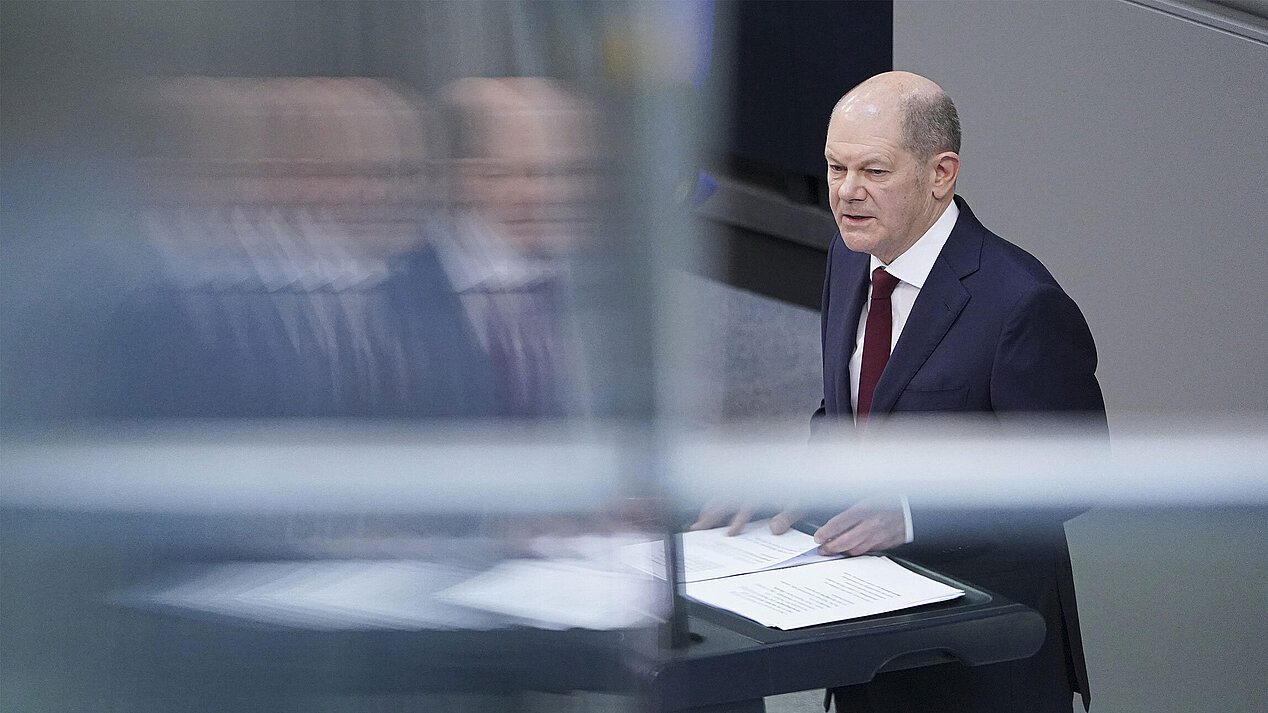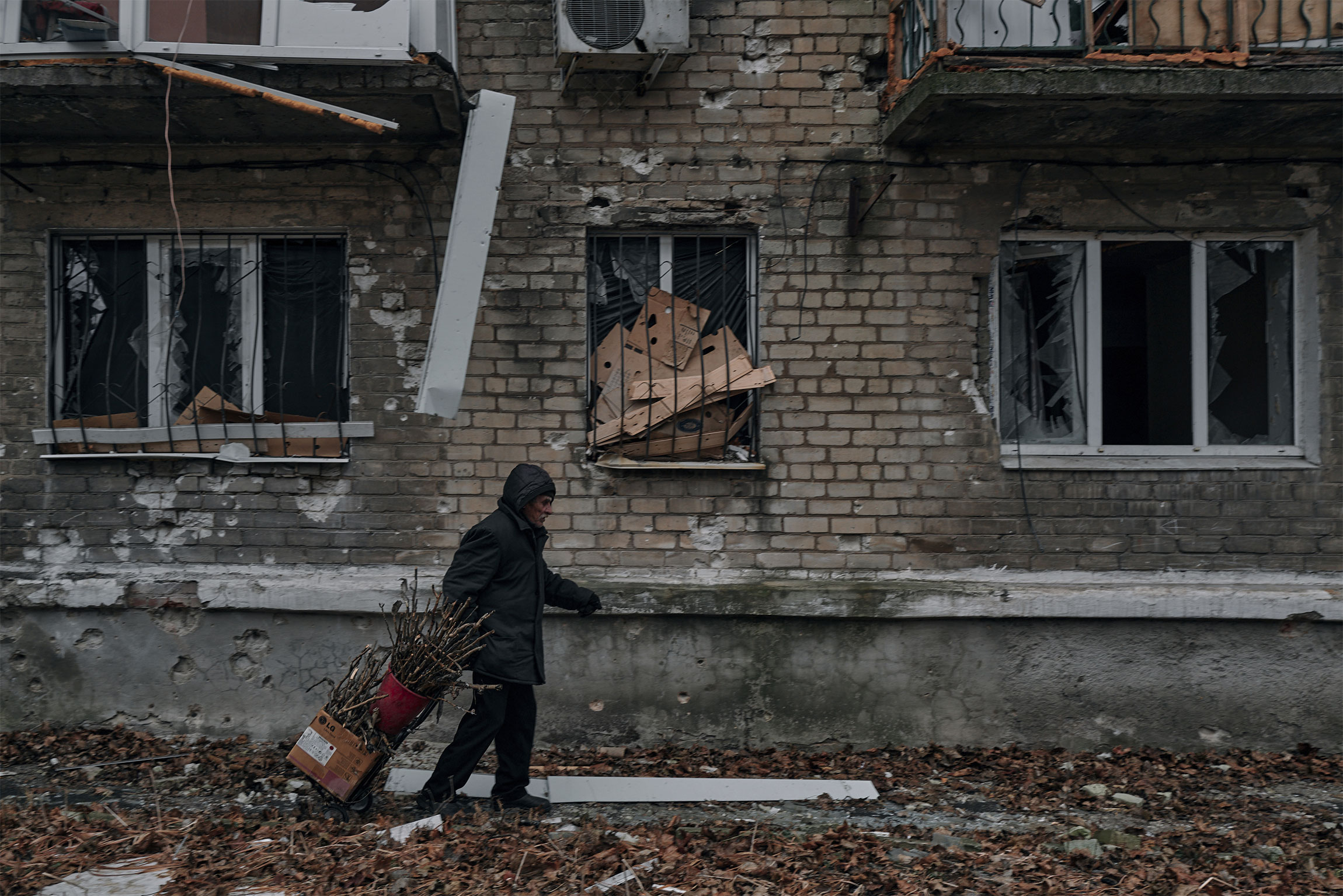A European Army or an Army of Europeans?
The year 2016 was the Annus horribilis for the EU with both the Brexit vote and the election of Donald Trump as president of the USA. On the one hand, as a result of Brexit, the EU lost a member which was very strong in terms of foreign and defence policy; on the other hand, it was able to achieve progress in the CSDP which would never have been possible with Great Britain and its strict “NATO first” policy, especially the Permanent Structured Cooperation (PESCO) founded in 2017 and the Strategic Compass adopted in May 2022. “... [W]ith a view to the most demanding missions” (Art. 42 (6) EUV), PESCO enables particularly able and committed member states to cooperate more closely and massively promotes the development of the necessary military capabilities.
The term of office of Trump, who was extremely sceptical towards NATO, set off a great debate in Europe on the necessity for greater security and defence policy autonomy.
The Strategic Compass sets out how the EU and its member states can strengthen security and defence in the existing strategic environment. It proposes the development of an EU Rapid Deployment Capacity “allowing us to swiftly deploy up to 5,000 troops into non-permissive environments to respond to different types of crises”.
The term of office of Trump, who was extremely sceptical towards NATO, set off a great debate in Europe on the necessity for greater security and defence policy autonomy. Angela Merkel’s statement, which she made during an event held by the Christian Social Union (CSU) Party in Munich on 28 May 2017, became legendary: “The times in which we could completely depend on others are, to some extent, over and therefore I can only say that we Europeans really must take our fate into our own hands.”
This was followed by Macron’s previously mentioned speech at the Sorbonne and his demand for a “real” European army, which he expressed in an interview with the Europe 1 station in November 2018: “We need a Europe which can increasingly defend itself without being entirely dependent on the USA, in greater sovereignty.” The Germans countered with the objective of creating an “army of Europeans”. As Minister of Defence Ursula von der Leyen expressed it in 2018, “Armed forces under national responsibility, closely integrated, uniformly equipped, trained for joint operations and ready for action.” At the end of 2018, Angela Merkel stated at the European Parliament: We can be “collectively represented in NATO with a European army”.
Merkel’s Germany thus regarded Europe’s contribution clearly as complementary to NATO, as a strengthened European pillar in the Alliance; “strategic autonomy” was not an option.








